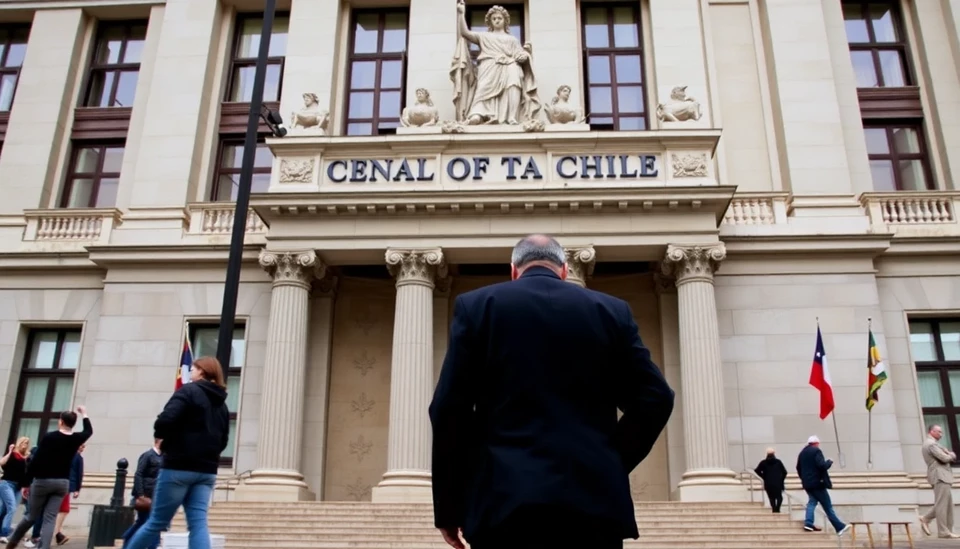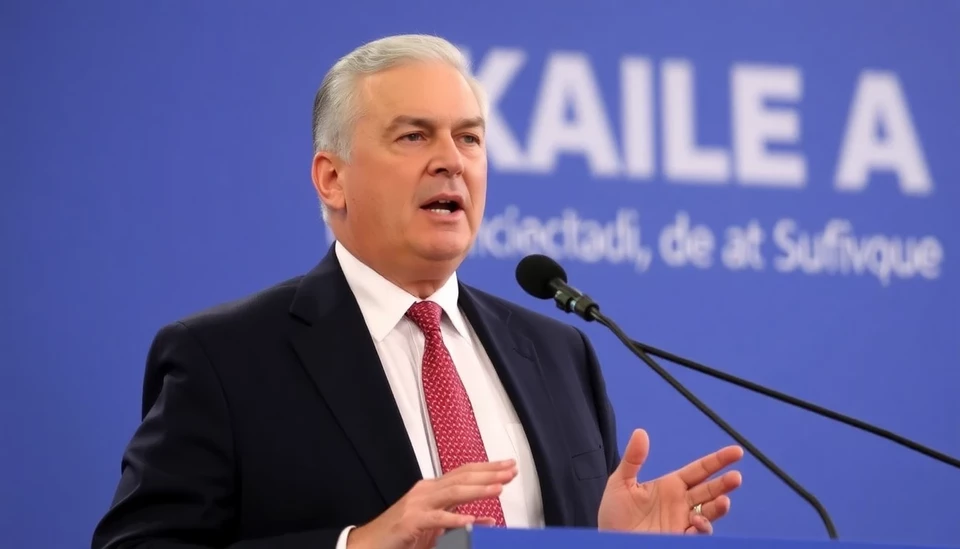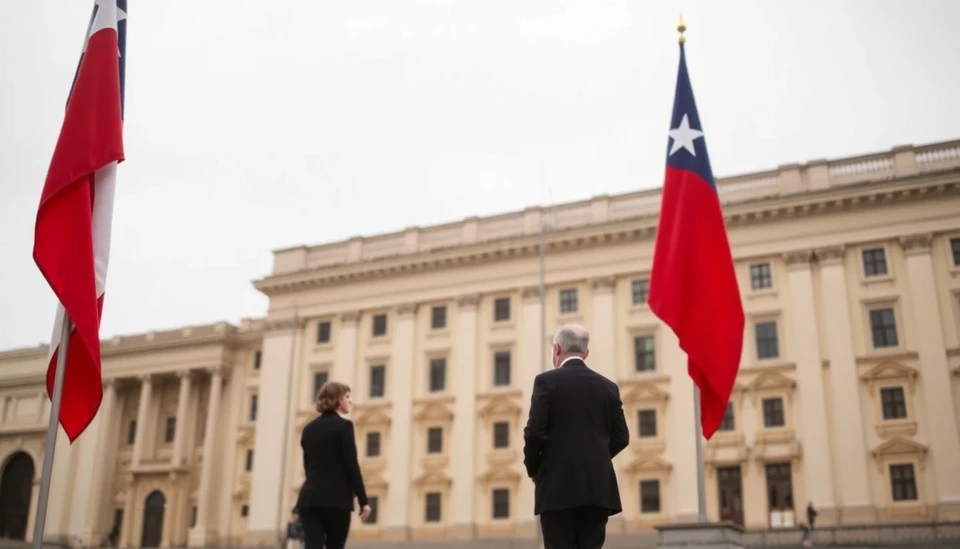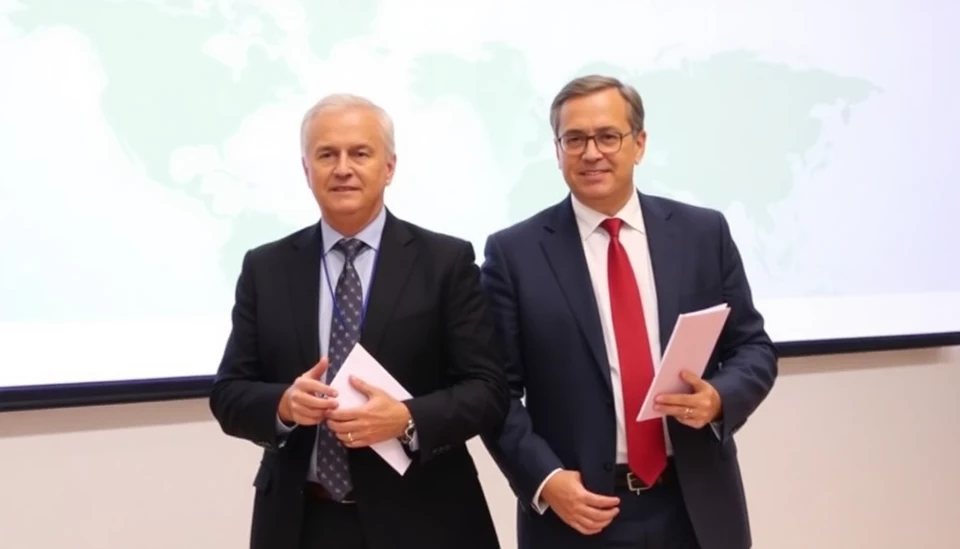
Chile is currently grappling with an unexpected surge in annual inflation rates, which have accelerated beyond forecasts, prompting urgent discussions among policymakers. According to the latest figures released by the National Institute of Statistics, inflation reached 5.3% year-over-year, a noticeable climb from the previous month’s 5.1%. This uptick has raised alarms within the Central Bank of Chile, leading to stark warnings about the potential for prolonged economic instability if corrective measures are not taken swiftly.
The Central Bank had previously indicated that inflation could stabilize, but the recent data contradicts those projections, revealing persistent inflationary pressures across various sectors. Consumers have been experiencing a tangible rise in the cost of living, as essential goods, including food and energy, have contributed significantly to the climbing inflation figures. These developments have sparked concerns among economists that effective monetary policy will be pivotal in preventing further economic deterioration.
In light of these developments, the Central Bank's policy committee will convene earlier than scheduled for their next meeting. Analysts are speculating about potential adjustments to interest rates, with several experts predicting that the central authority may need to increase rates to curb inflation. The current benchmark interest rate stands at 5.5%, and there are discussions that it could rise as part of the measures needed to stabilize the economy.
Moreover, this inflation surge comes against a backdrop of previous expectations for gradual recovery post-pandemic. The ongoing uncertainties related to international markets and domestic economic conditions have made it particularly challenging for the government to maintain a balanced fiscal policy while addressing such rapid inflationary trends.
Key industry sectors are closely monitoring the situation, as rising costs could dampen consumer spending and overall economic growth. Businesses, especially small and medium enterprises, are increasingly feeling the pinch as the cost of raw materials continues to rise, with many raising prices to maintain profit margins. This cycle can create a ripple effect throughout the economy, leading to further consumer discontent and reduced economic activity.
As the situation develops, the Chilean government faces mounting pressure to deliver credible plans and frameworks that can help quell inflation while stimulating growth. Economic analysts are advocating for a mix of monetary tightening, fiscal responsibility, and structural reforms as essential tools to address these challenges effectively. Without prompt action, the risk of inflation becoming a more entrenched problem could hinder Chile's economic recovery.
In summary, Chile is facing an inflation rate that is outpacing previous expectations and putting pressure on both consumers and policymakers. The Central Bank’s response will be crucial in the upcoming months as the nation seeks to navigate these turbulent financial waters.
#Chile #Inflation #Economy #CentralBank #EconomicStability #CostOfLiving #InterestRates #MonetaryPolicy
Author: Daniel Foster




